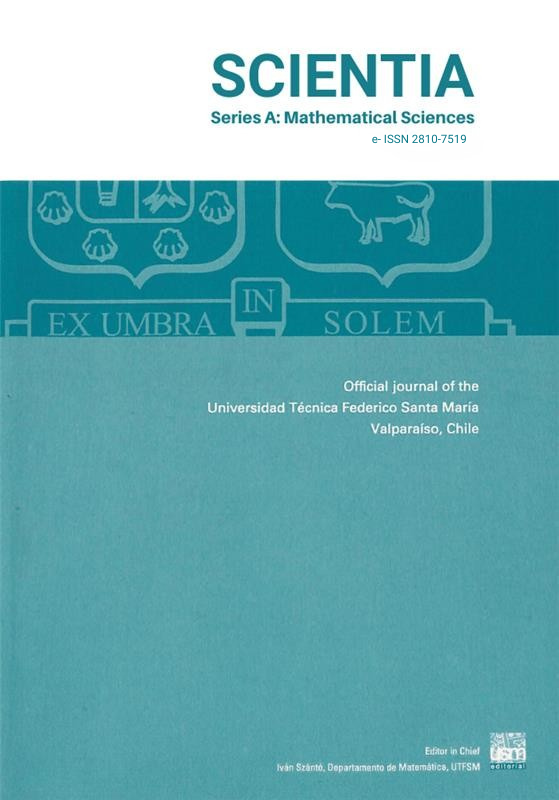Published 2025-08-11
Keywords
- Evolution equations,
- Weighted Sobolev Space

This work is licensed under a Creative Commons Attribution-NonCommercial 4.0 International License.
How to Cite
Abstract
In this paper we study the gain of regularity of solutions of a dispersive evolution nonlinear equation. We consider the equation
\[(1) =\begin{cases}\dfrac{\partial u}{\partial t} + \dfrac{\partial}{\partial x} \left[ f(u) \right] = \epsilon \, \dfrac{\partial}{\partial x} \left[ g\left( \dfrac{\partial u}{\partial x} \right) \right] - \delta \, \dfrac{\partial^3 u}{\partial x^3}, \\[6pt] u(x,0) = \varphi(x)\end{cases}\]
where \( x \in \mathbb{R} \), \( t \in [0,T] \) and \( T \) is an arbitrary positive time. The flux \( f = f(u) \) and the (degenerate) viscosity \( g = g(\lambda) \) are smooth functions satisfying certain assumptions to be listed below. It is shown under certain additional conditions on \( f \) that \( C^\infty \)-solutions \( u(x,t) \) are obtained for all \( t > 0 \) if the initial data \( u(x,0) = \varphi(x) \) decays faster than polynomially on \( \mathbb{R}^+ = \{ x \in \mathbb{R} ; x > 0 \} \) and it has certain initial Sobolev regularity.
</p>










